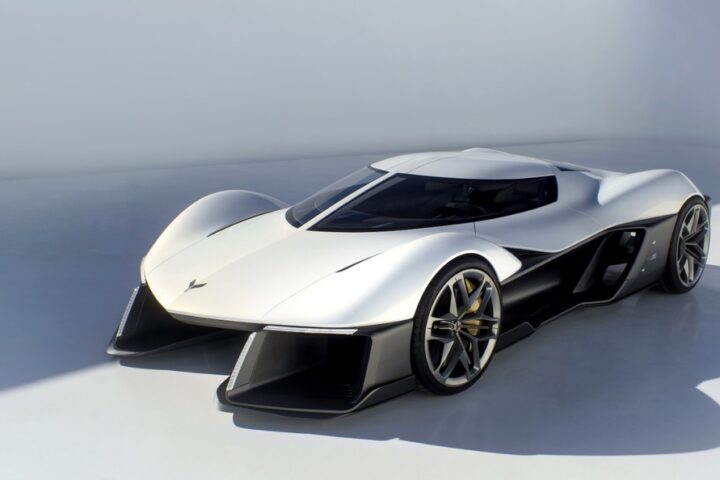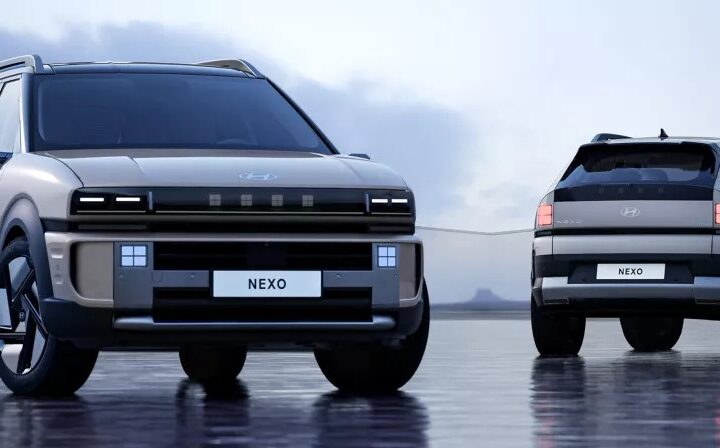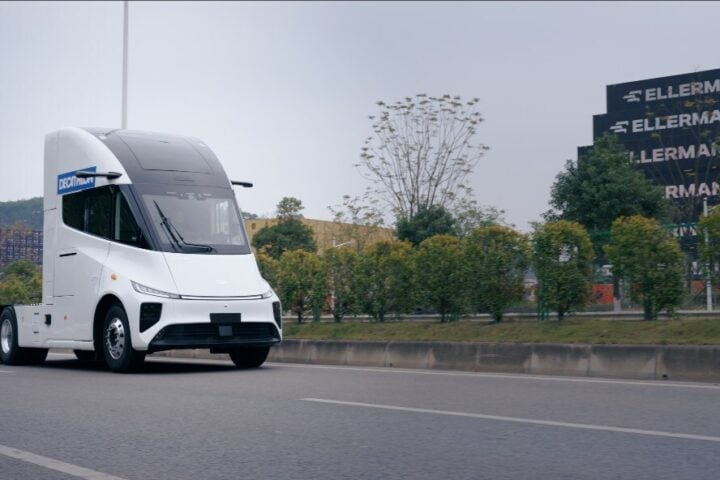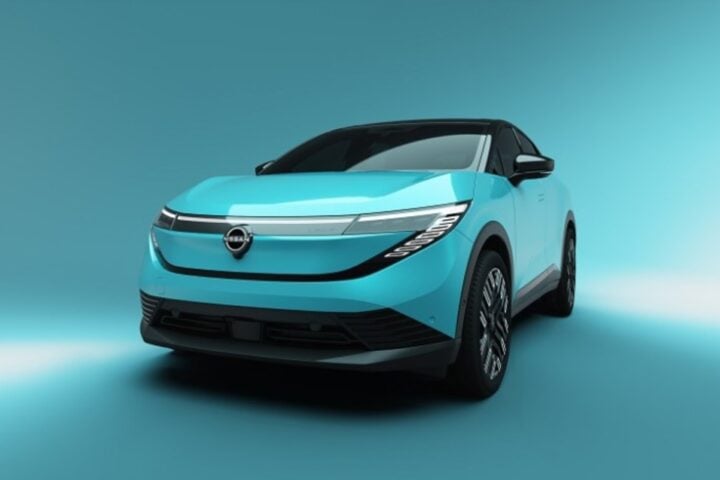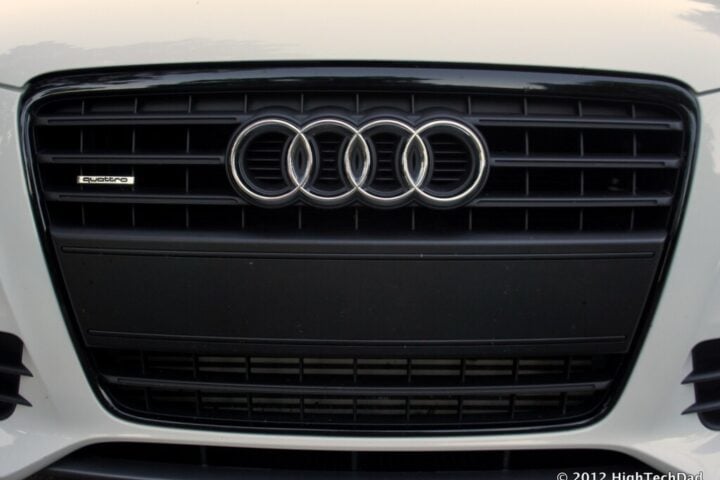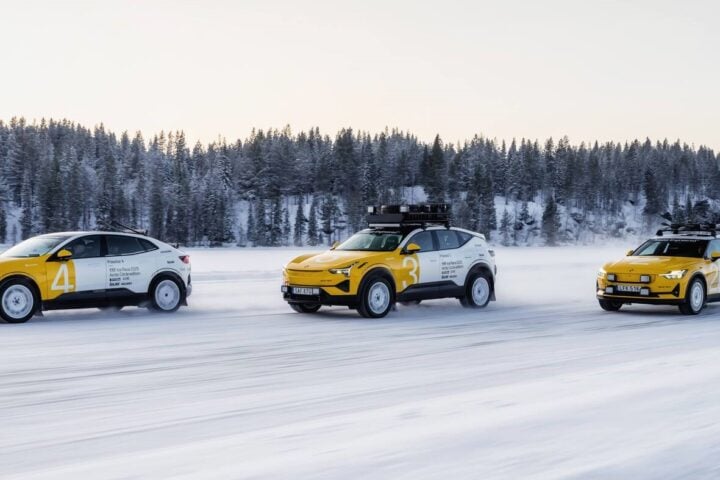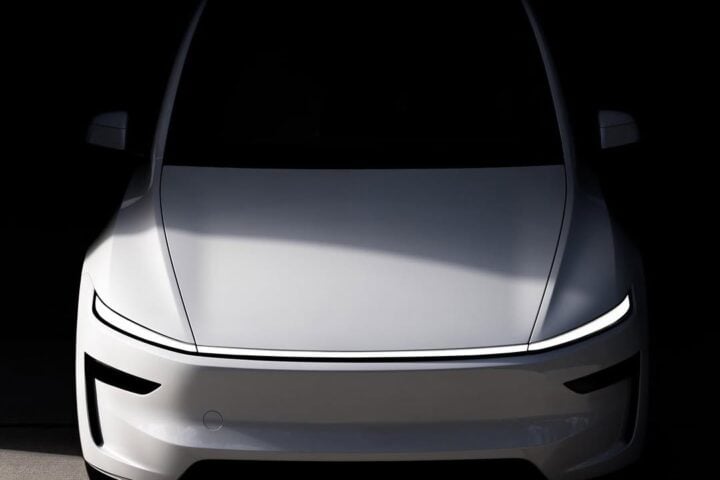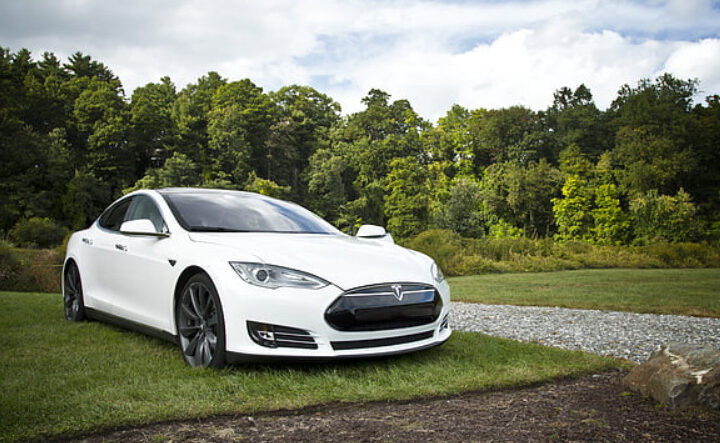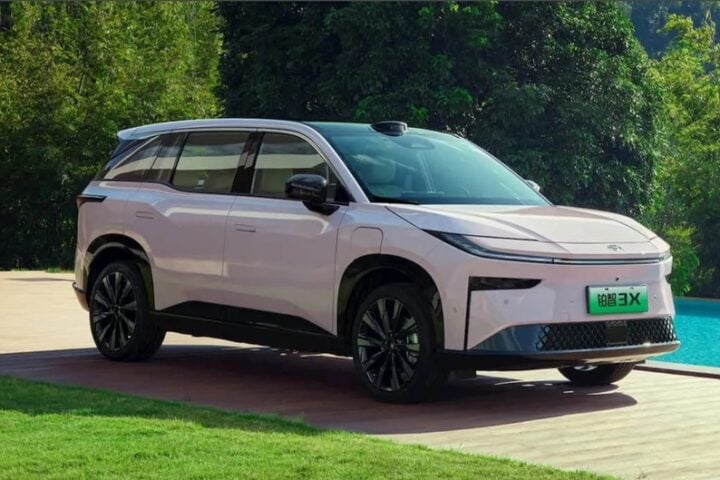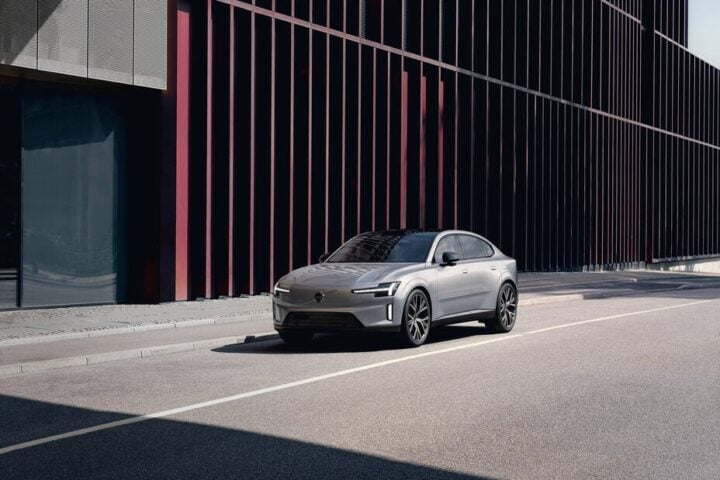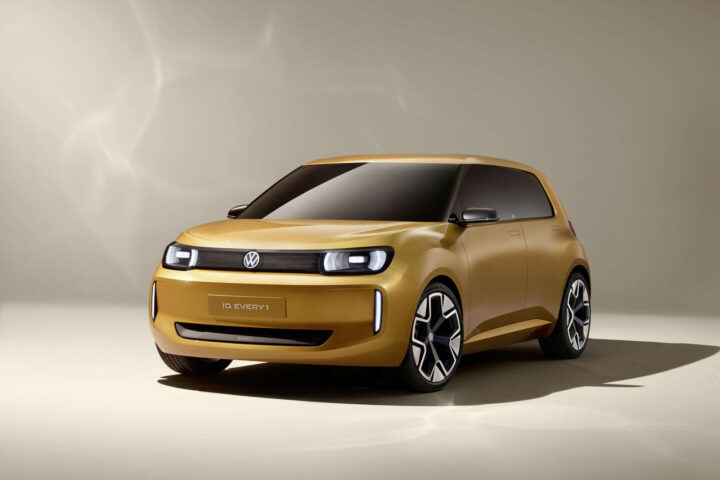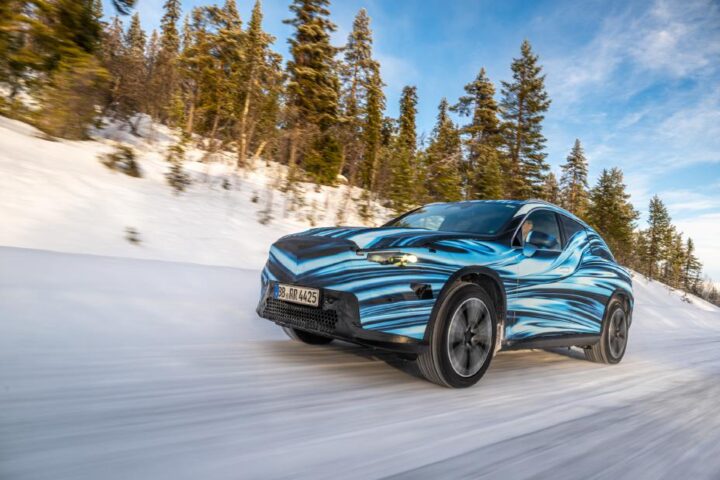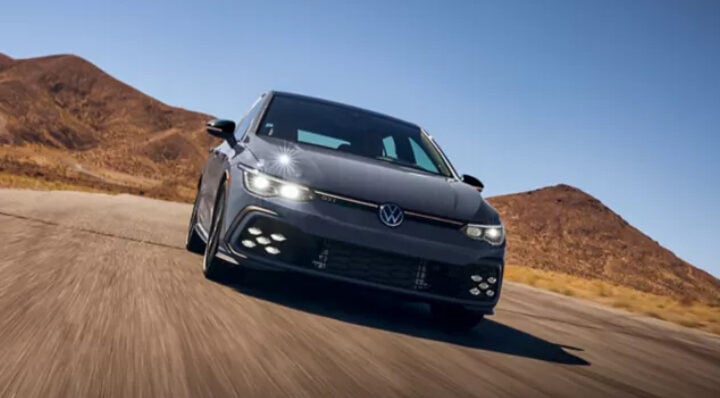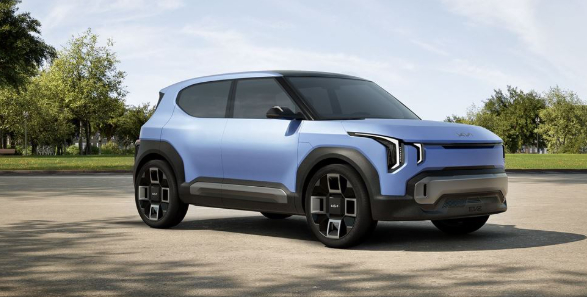In the bustling streets of urban Japan and the serene landscapes of rural areas alike, a new player is quietly making its rounds, the N-VAN e:. Honda’s latest venture into the electric vehicle (EV) market is not just a vehicle; it’s a statement in the evolving narrative of sustainable mobility. The prototype, currently under rigorous testing with Yamato Transport Co., Ltd., is silently revolutionizing the delivery sector, one eco-friendly mile at a time.
Bridging the Gap: From Gasoline to Electric
Shinichiro Watanabe, the Chief Engineer spearheading the N-VAN e:’s power unit development, reflects on the journey from the vehicle’s gasoline roots to its electric evolution. The transition from a high-performance gasoline N-VAN body package to an environmentally efficient EV, all while maintaining affordability, has been a meticulous endeavor for the development team.
The Crucial Pivot: Ensuring Practicality in Commercial Use
In the initial stages of development, the team sought insights from various corporations regarding the performance expectations from the product. Utilizing Honda’s proprietary “InterNavi Link” communication-type navigation system and big data, the development was steered, envisioning how commercial vehicles would be utilized once transitioned to EVs. However, the real-world applicability of these gasoline vehicle-based data and set hypotheses needed validation, which was achieved through practical use and feedback from customers.
Partnership with Purpose: Aligning with Yamato’s Sustainability Vision
The prototype was put to the test in a practicality verification partnership with Yamato Transport, a major delivery service provider in Japan, which is also earnestly working towards achieving carbon neutrality by 2050. The synergy between Honda and Yamato Transport, both of which are deeply committed to reducing their environmental impact and addressing the escalating fuel costs, has paved the way for a collaborative effort to validate the N-VAN e: in real-world delivery scenarios.
Similar Posts
On-the-Ground Insights: Real-World Testing Across Varied Terrains
The practicality verification of the N-VAN e: has been conducted across three operational bases in Nakano (Tokyo), Utsunomiya Kiyohara (Tochigi), and Kobe Suma (Hyogo) since June 2023. Each location, with its unique geographic and operational characteristics, provided a diverse testing ground to validate the EV’s performance under varied conditions, from the stop-and-go of urban areas to the extended distances of suburban routes and the demanding terrains of hilly regions.
Data-Driven Development: Harnessing Real-Time Vehicle Monitoring
A real-time vehicle monitoring system, installed in the prototype, captures approximately 700 data points every tenth of a second, including battery and motor status, vehicle speed, accelerator and brake pedal pressure, and even door operations. This granular data, linked with location information, has been pivotal in refining the vehicle’s performance and ensuring its robustness in diverse operational scenarios.
Global Applicability: Testing in the Demanding Conditions of Jakarta
The testing phase has not been confined to Japan. In mid-September, practicality verification was extended to Jakarta, Indonesia, in partnership with Pertamina, a state-owned oil and gas company. Jakarta, with its consistently higher average temperatures and notorious traffic congestion, provides a challenging environment that demands high reliability from the EV’s battery and motor, ensuring the N-VAN e: is not just a local solution, but a globally viable vehicle.
The Road Ahead: Anticipating the Arrival of N-VAN e:
As the N-VAN e: inches closer to its commercial launch in Spring 2024, the data and insights gleaned from its rigorous testing phases are being meticulously analyzed and integrated into the final product. The vehicle, while silent, speaks volumes about the future of electric mobility in the commercial sector, promising a sustainable, efficient, and practical solution for delivery services and beyond.
In the spirit of electric mobility, the N-VAN e: is not merely a vehicle; it’s a beacon in the journey towards a sustainable future, navigating through the challenges of today and accelerating into a cleaner, greener tomorrow.
